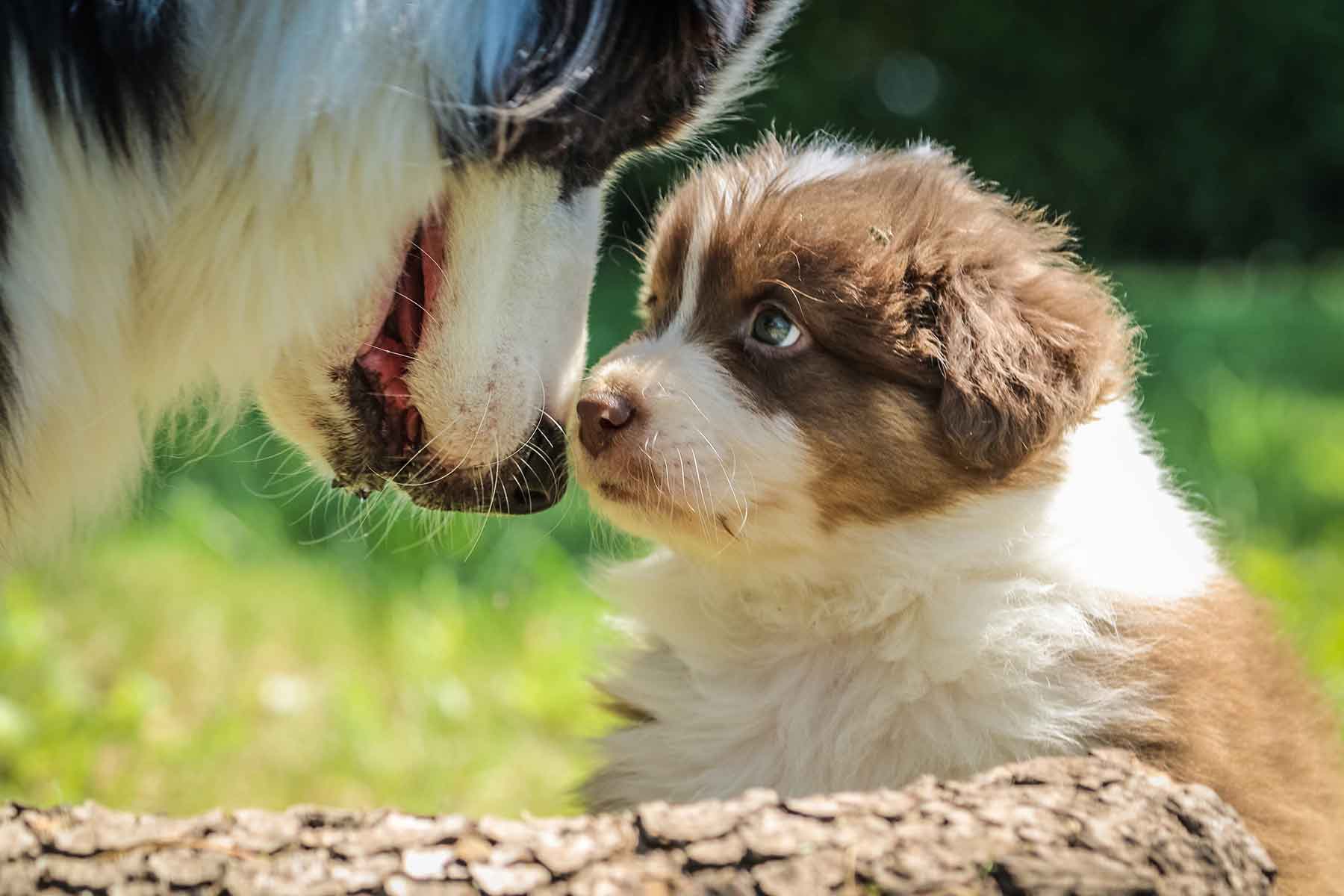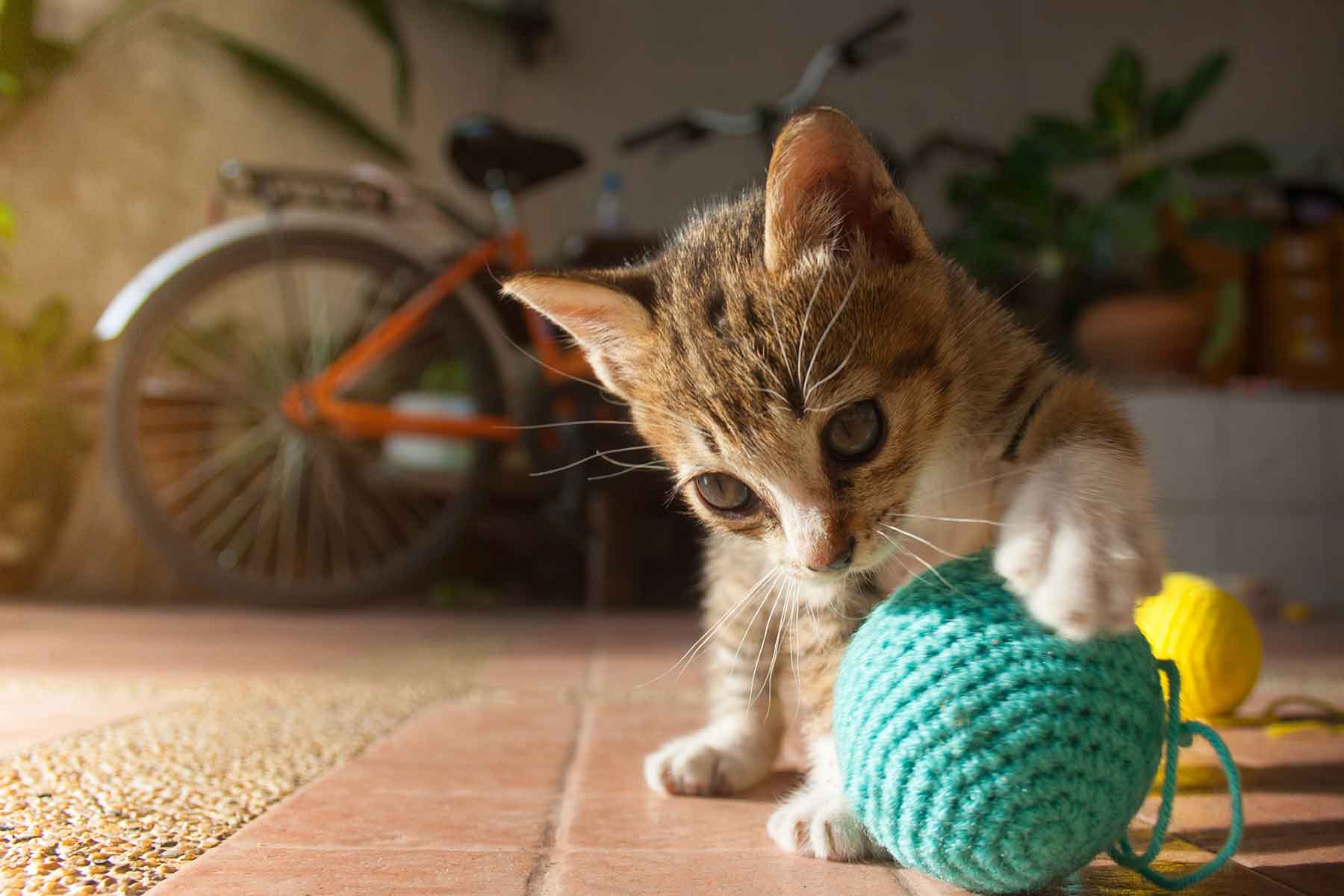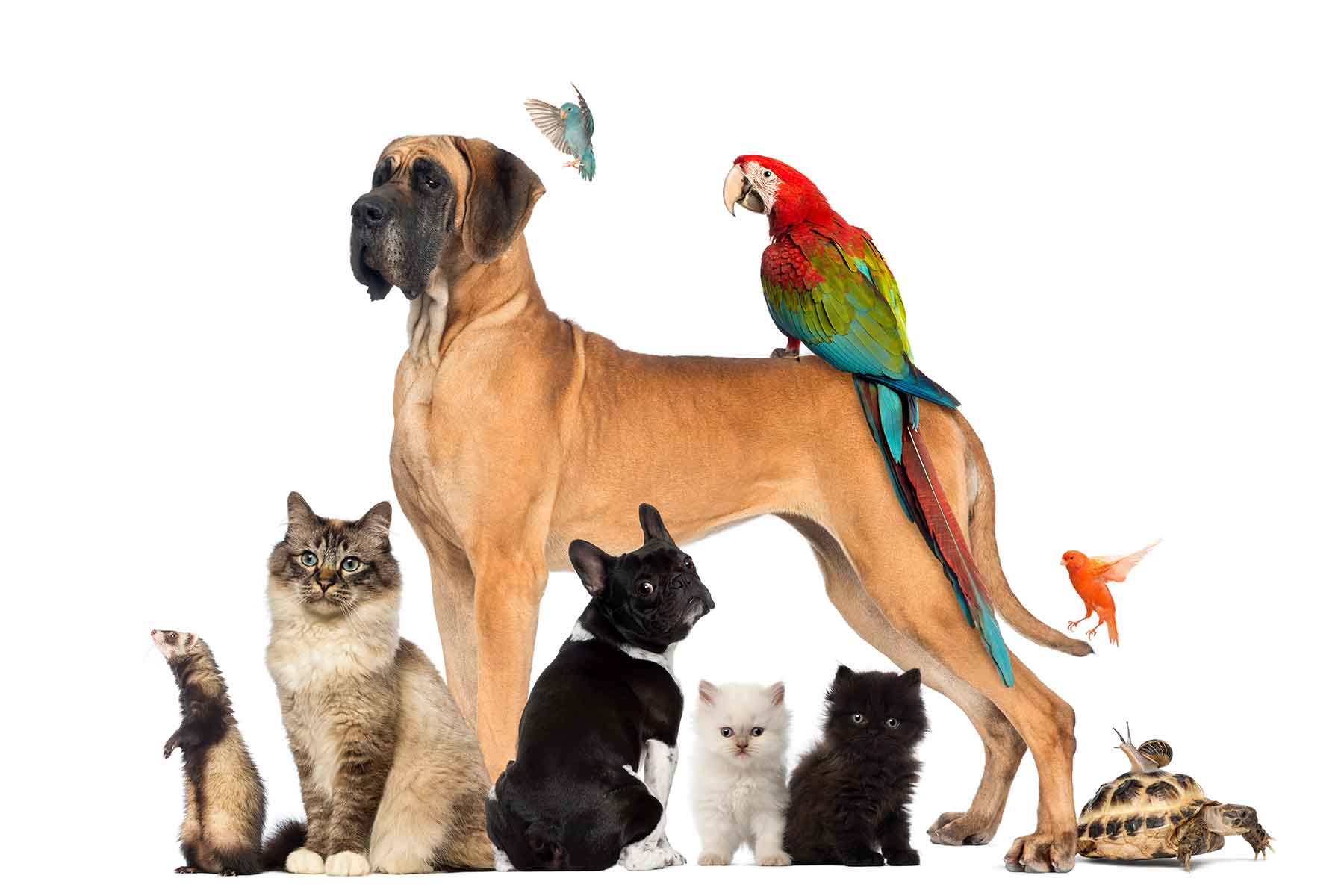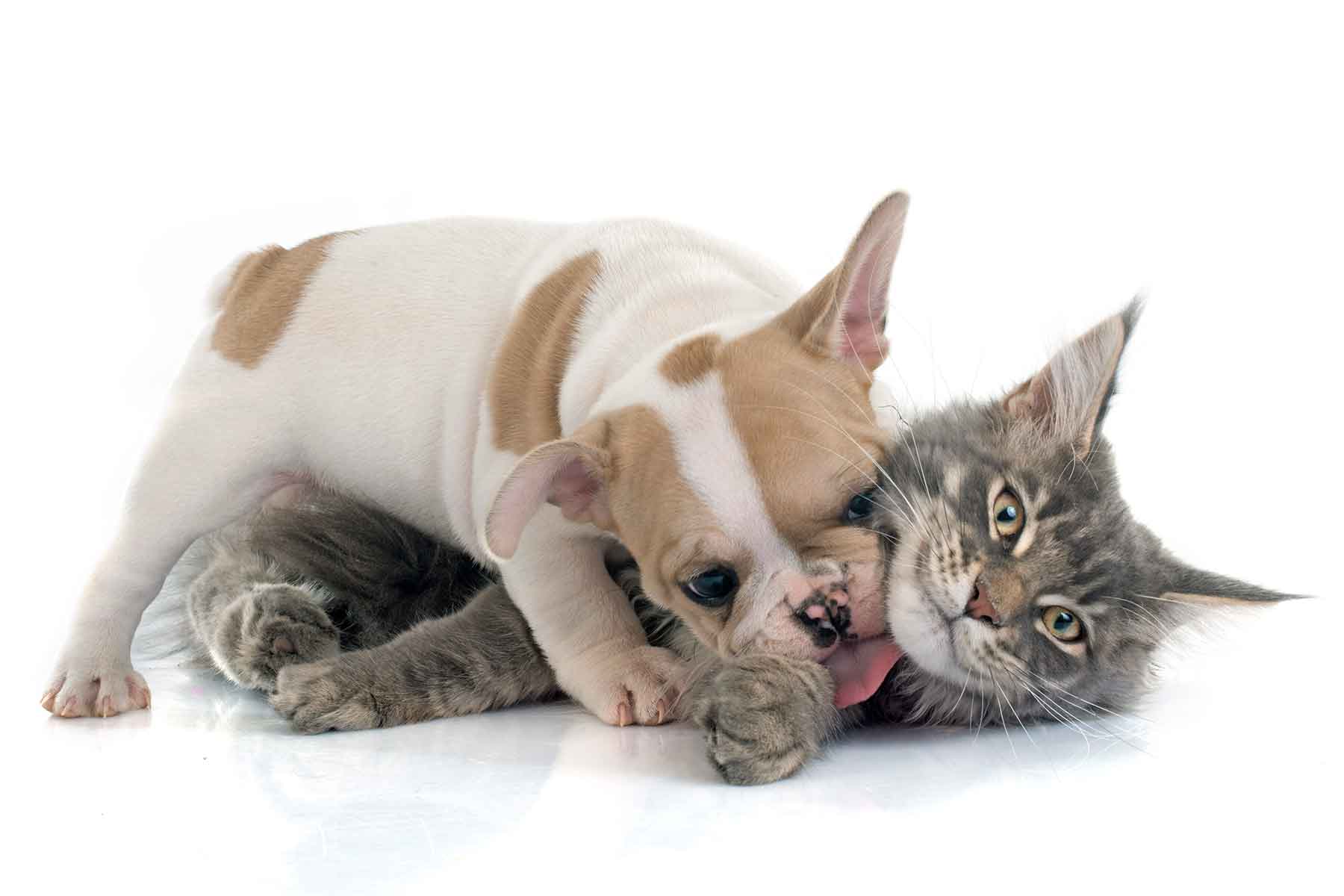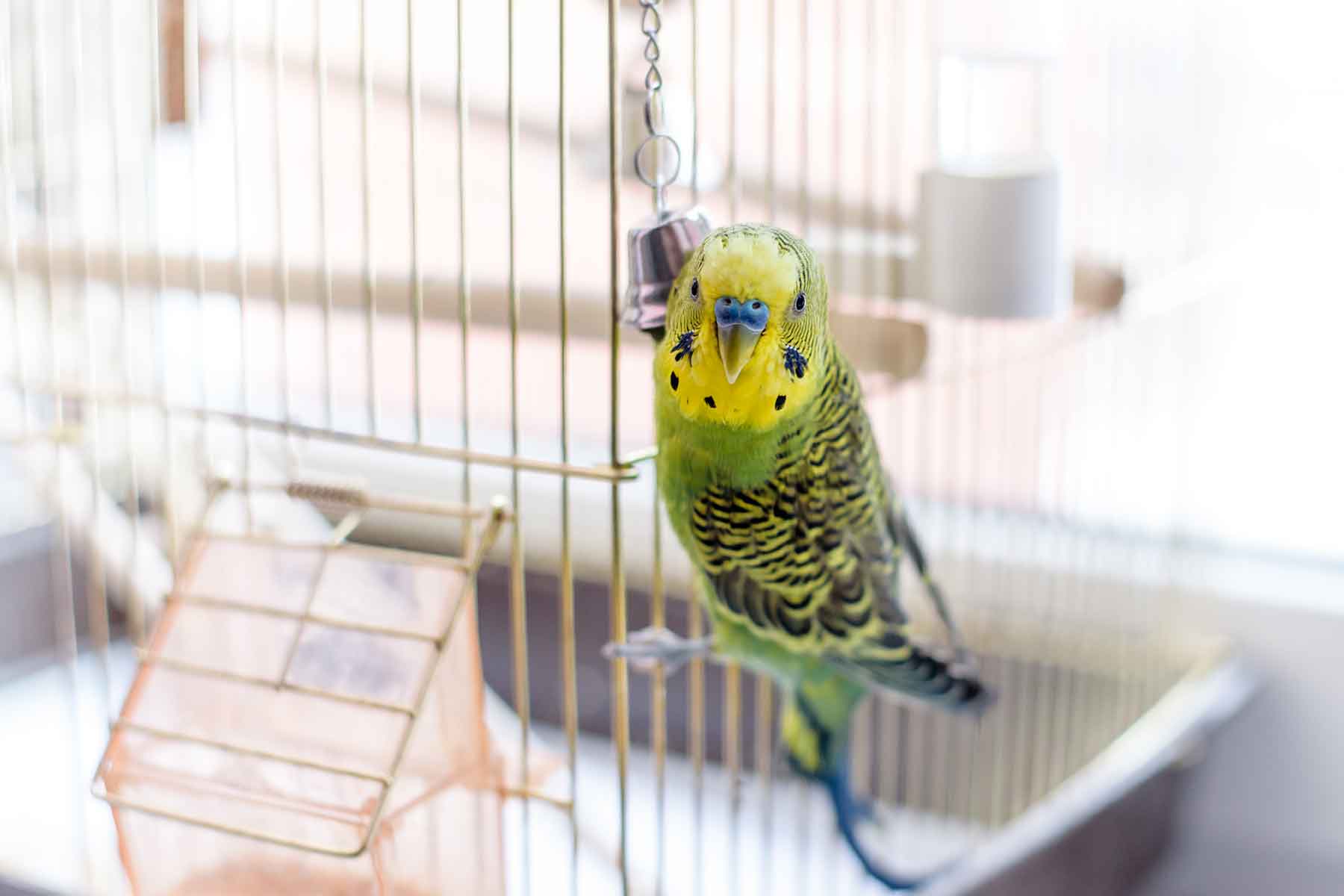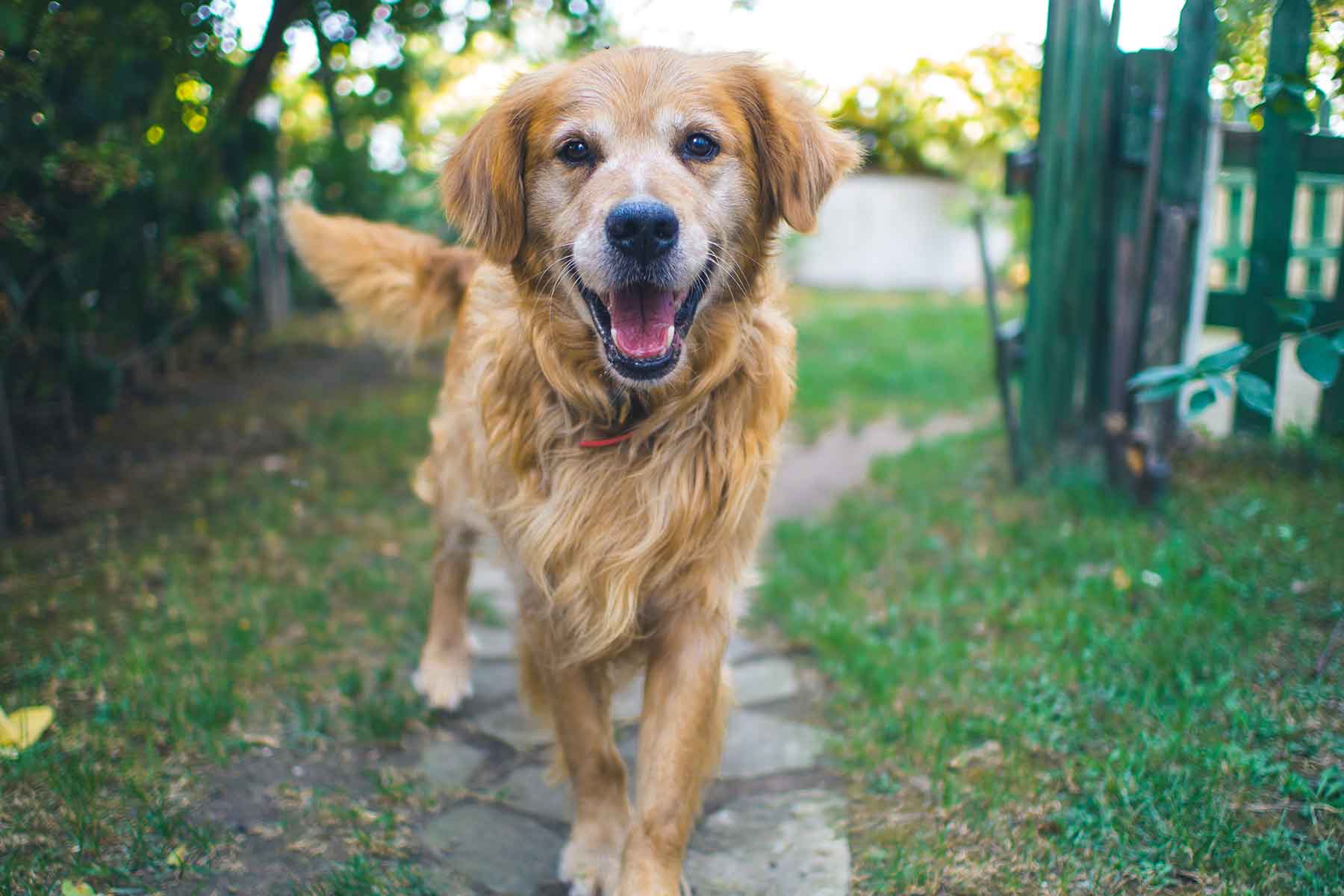A Guinea Pig is also known as a Cavy which is derived from the scientific name, Cavia porcellus. Guinea Pigs make fantastic pets for those people limited by space, and those that love an affectionate and social companion.
Regular health check-ups
Regular health check-ups are the cornerstone of a preventative health program for your Guinea Pig. A regular visit to the vet will help detect illness early and you can find out about the latest options in Guinea Pig medicine.
Parasite control
Parasites can be a problem in many pets but generally Guinea Pigs are lucky when it comes to creepy crawlies. Unlike other pets, fleas and worms are rarely a problem however they are susceptible to Lice and Mites.
Lice/mites are quite common in guinea pigs. They may be picked up from new bedding (eg. hay, straw) or other guinea pigs. Some lice are visible to the naked eye and cause intense itchiness and scabs.
Dental Care
Guinea pigs have teeth that continually grow hence overgrown incisors (front teeth) and molars (cheek teeth) can occur.
Feeding
Guinea pigs are neophobic. This means that they adopt a strong preference for food type in the first few days of life. So it is a good idea to feed a range of food types from an early age such as fresh fruit and veggies, good quality hay and occasionally pellets.
Desexing
Desexing your Guinea Pig is recommended. It ensures a calm temperament and reduces the likelihood of some serious diseases.
Guinea Pigs can start breeding at 6-8 weeks of age and may be desexed at 5-6mths of age. A female guinea pig should have her first litter before 6 months of age. After this age the pelvic bones become fused and can cause problems during labour.
Nail trimming
Guinea Pigs have continuously growing nails that need to be trimmed regularly.
Housing
There are a variety of hutches and cages available to house Guinea Pigs. Generally Guinea Pigs should be kept indoors as warmer weather (above 27 C) can cause heat stroke. Indoor cages should allow at least 0.5 square metres of floor space per guinea pig. Since they are social animals, guinea pigs can be kept in small to medium groups, but clearly mating will increase the number of animals so single sex groups (or neutered and spayed pets) are advisable.
Guinea Pig Stats!
- Life span – 5 to 8 years
- Average adult body weight – 0.6 to 1.4kgs
- Gestation – 59 to 72 days
- Litter sizes – 1 to 10
- Puberty – 6 to 8 weeks
- Female Guinea pig – sows
- Male Guinea pig – boar
- Young Guinea pig – pup
Guinea Pig History
Guinea pigs originated in South America but were probably introduced into Europe soon after the first Spanish explorers returned from that continent in the 1500s. Even though they came from a tropical area these rodents adapted well to cooler climates. They became favorite pets in the early part of this century and are also bred as show animals with a wide variety of coat colors and fur types.
Guinea pig harem says ‘hello Sooty’
A Guinea Pig named “Sooty” had a night to remember after escaping from his pen and tunnelling into a cage of 24 females. He romanced each of them in turn and is now the proud father of 43 offspring.
Staff at Littlefriend’s Farm in Pontypridd, South Wales, have now secured Sooty’s pen – and begun looking for new homes for his guinea pigs.
His owner, Carol Feehan 42, said: “I’m sure a lot of men will be looking at Sooty with envy. We knew he had gone missing after wriggling through the bars of his cage.”
“We looked for him everywhere but never thought of checking the pen where we keep 24 females. We did a head count and found 25 Guinea Pigs, Sooty fast asleep in the corner.” “He was absolutely shattered. We put him back in his cage and he slept for two days.”

